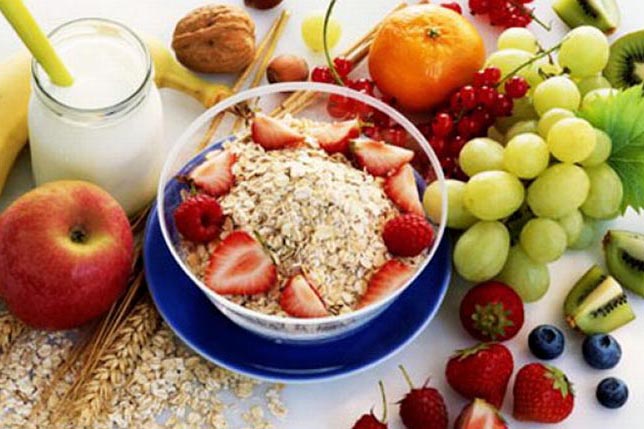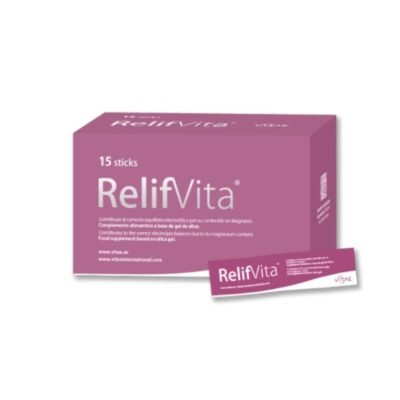Fiber is known to help regulate intestinal transit stimulating digestive functioning and well-being. In general, high-fiber foods are those with a vegetable origin, such as fruits, cereals and vegetables. But people should pay attention to two things: First, excess fiber can be harmful for digestive wellness and second, if fiber intake is not accompanied by rational use of water (2 liters), fiber does not fulfill its mission and on the other hand can generate a jam in the intestinal tract.
Factors such as an unhealthy diet, physical inactivity and stress caused by routine are directly linked to digestive problems that can develop or cause other diseases. Constipation, diarrhea, abdominal pain, gastritis, heartburn, reflux, poisoning and even cancer are some of the problems that can affect us.
Tips for digestive comfort:
- To improve intestinal functions, papaya (grown very good in Málaga these days), is especially recommended, as well as help in bowel function, because it is high in fiber, contains papain, which is an enzyme that breaks down proteins facilitating their absorption by the body.
- Prebiotics, usually found in yogurt, are good bacteria that upon contact with the intestinal mucosa, promote the proliferation of microorganisms that increase intestinal flora generating digestive comfort.
- Onions, garlic, tomatoes, asparagus, artichokes, green bananas, barley, rye, oats, wheat and honey. These are prebiotics, having inter alia the function of nourishment and generate naturally prebiotics. Those whom we refer in the first point of this section.
- Extra virgin olive oil, controls the formation of excess stomach acid, which aids digestion, prevents heartburn and generally allows digestive comfort.
- Finally we have the digestive teas, among which highlight the mint and ginger, which help regulate the digestive function and prevent multiple stomach upset.
And last but not least, our usual final advice. If you are looking for digestive wellness, you can check our product VitaDigest Enzymes








